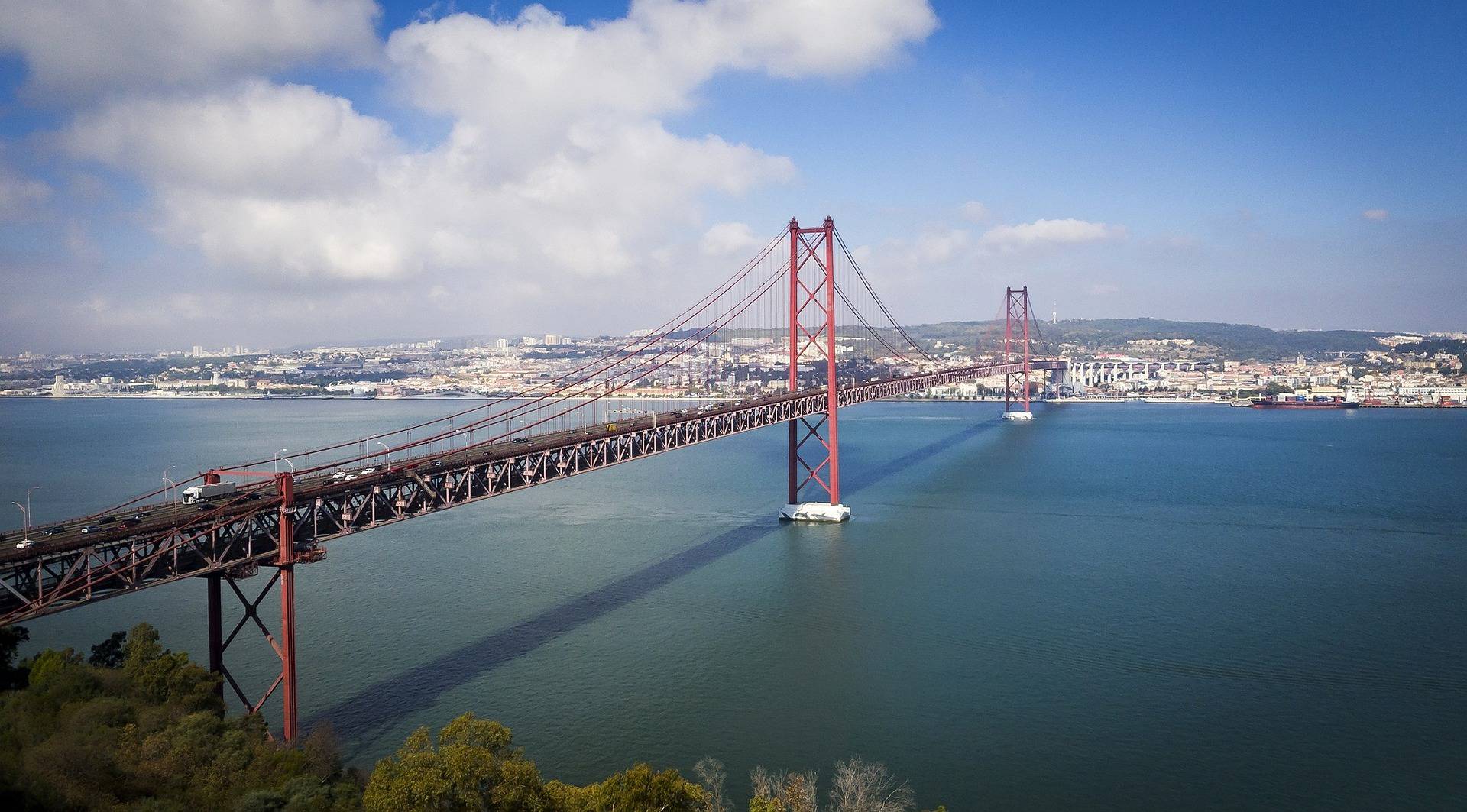Portugal is no longer the continent's lesser-known travel destination. The coolest nation in Europe is gaining popularity because it is young, enjoyable, sporty, and lively. Portugal, whose name seems to be on the tip of everyone's tongue, is just getting started. It has a rich, centuries-long history, extraordinary hospitality, and an emerging sector of high-end hotels, restaurants, and shops.
A trip to Portugal is guaranteed to be bright, intriguing, and energetic thanks to the climate and variety of scenery. Due to its location on the southern tip of Europe, it rarely experiences significant drops in temperature below 60 ℉, and the days are almost always sunny. In fact, Lisbon has been ranked as one of the continent's top five sunniest cities. Lisbon is a lively sight to see with its sloping hills, yellow trams, and blue-and-white tiles. Some of the cities are brimming with enchanting old-world spirit. Large farms, national parks, and olive groves are found outside of the cities. Portugal has a variety of terrains that allow for a wide range of sports and excursions and provide panoramic views. These places are great for hiking.
You will come across many ancient engineering and architectural wonders while driving along the winding roads, including Roman roads, bridges, and aqueducts, as well as monasteries, convents, palaces, and manor houses. The lovely villages of bidos, Tomar, and Coimbra are among the favorite places to stop between Lisbon and the Douro Valley.
Since the British have been spending extended weekends in Portugal for years, the majority of those employed in the hospitality sector can speak the language with ease. Portugal has fewer luxuries on offer than other European nations, but this is more than made up for by the chance to immerse oneself in a culture that has been excessively molded to appeal to tourists. Travelers who keep their expectations in check and are willing to put up with occasionally subpar hotel amenities will find that the opportunity to stumble upon a fado bar and hear a singer perform heartbreaking, upbeat, and nostalgic traditional songs.
Lisbon offers fantastic shopping, with distinctive home products and accessories created by local artists, frequently using age-old techniques, and sold at reasonable costs. Even yet, chefs like to add their own unique twist to classic meals like fish and grilled sardines. Most popular major names set the bar high for the tourist whose eateries can satisfy you delectably for a weeklong visit.
Portugal was once a powerful nation in the world. During your visit to Portugal, you can see many historical remnants from different eras. The history of Portugal dates back to Roman times.
Roman period: Portugal was known as Lusitania from approximately 140 BC until about 452 AD. The Romans introduced Latin, which was the foundation of the Portuguese language, and also developed agriculture and mining activities.
The middle ages: After the decline of the Roman Empire, the Visigoths occupied the Iberian Peninsula and laid the foundation of the Church. Later, the Moors invaded the peninsula and occupied it until 1249. Portugal became an independent kingdom with Afonso I as its first king from Spain. The borders established remain unchanged today.
Imperial era: During the age of discovery, Portugal emerged as a dominant world power, thanks to its famous explorers like Vasco da Gama, who discovered the sea route to India, Fernando Magellan, who circumnavigated the globe, and Bartolomeu Dias, who navigated around Africa. Portugal also established colonies in several countries, including Brazil, Angola, Mozambique, and others. At the time, Portugal was one of the most influential nations globally, with Spain as its primary competitor. Portugal became a major world power in the 15th and 16th centuries, opened up trade routes, and established colonies in Africa, Asia, and the Americas.
Decline and restoration of Portugal: After the death of King Sebastian in 1578, Portugal plunged into a period of turmoil marked by numerous European wars and unrest in its colonies, resulting in the gradual decline of its empire. In 1580, King Philip II of Spain invaded Portugal, worsening its situation. However, Portugal was able to recover its independence after the Restoration War, which lasted from 1640 until 1668. During this time, Portugal managed to defeat Spain, which eventually recognized Portugal's sovereignty.
Portuguese Empire: The Portuguese continued to expand their empire throughout the 17th and 18th centuries, but lost most of their colonies in the 19th and 20th centuries.
Republic: In 1910, a revolution overthrew the monarchy and established the Portuguese Republic.
Salazar's regime: From 1932 to 1968, Portugal was ruled by a dictatorship led by António de Oliveira Salazar.
Carnation Revolution: In 1974, a peaceful revolution led by the military overthrew the dictatorship and established a democratic government.
Today, Portugal is a member of the European Union and has a diversified economy that includes tourism, agriculture, and technology.
A. The top tourist attractions in Portugal are:
Belem Tower
Jeronimos Monastery
Castelo de S. Jorge
Park and National Palace of Pena
Oceanario de Lisboa
Convent of Christ
Luis Bridge
A. The best time to visit Portugal is from March to May
A. The official currency of Portugal is the Euro.
A. Aveiro is one of the prettiest towns in Portugal, known for its colorful moliceiros boats, beautiful canals, varied seafood, and buildings in the Art Nouveau style.
A. 10 days is the ideal amount of time to explore major cities and attractions in Portugal.
A. The major part of the country can be easily explored by train or bus.
 Best time to visit
Best time to visit Language Spoken
Language Spoken Weather
Weather